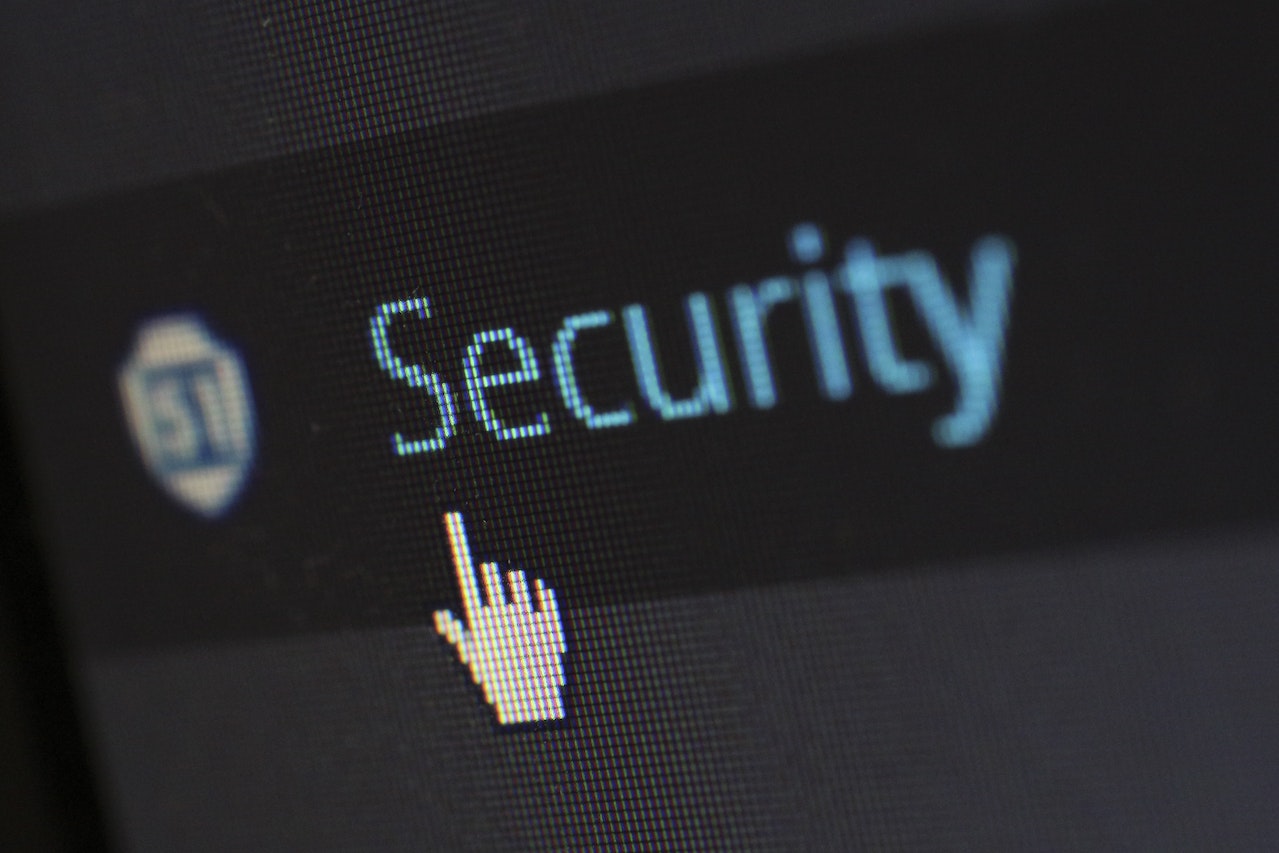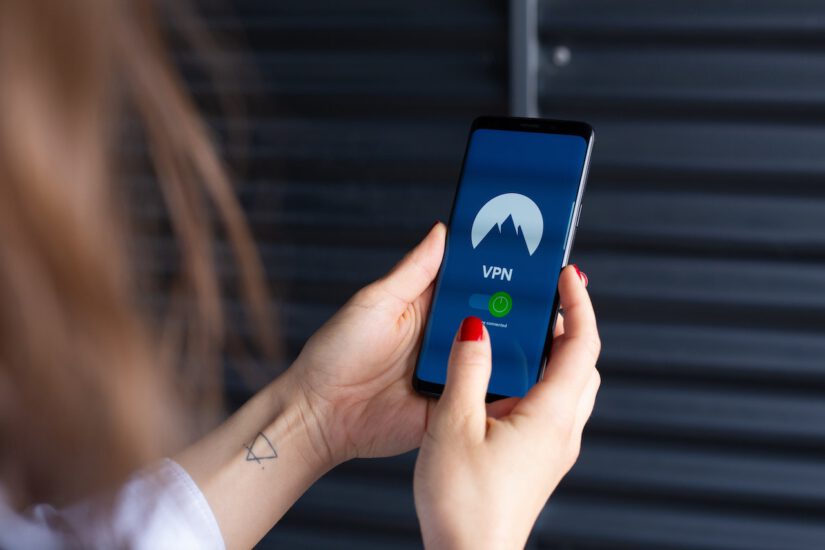We all use the internet on a daily basis, whether it’s for work, school, or just communicating with friends and family. But how safe are we when we’re online? In this blog post, we’ll explore some tips to help you stay safe while using the internet. Whether you’re using public Wi-Fi or sharing personal information, there are steps you can take to protect yourself from cyber threats. So let’s get started!
Keep your personal information to yourself – don’t share it with anyone online
In the digital age, it is more important than ever to protect yourself online. For starters, the most important thing you can do is to keep your personal information to yourself and never share it online with anyone. This will help ensure that you don’t become a victim of phishing scams or other malicious activities. As an extra precaution, be sure to never click on links you don’t recognize in emails and when visiting unfamiliar websites, double check for any indication that the website’s legitimacy is verified. Taking these proactive steps will help to keep your sensitive information safe.
Use strong passwords for all your accounts and never reuse them
Utilizing best password security practices is one of the easiest ways to keep yourself, your data, and your accounts secure. Creating strong passwords for each account and never reusing any of them are essential steps to protect what’s yours. Utilizing a unique password for every site or service keeps your online identity safe from the hands of those up to no good – it’s like locking all the doors in your house once you leave for vacation! Keeping track of multiple passwords can be difficult, so don’t be afraid to write yours down and store them in a secure place just make sure not to name names. To minimize the hassle of remembering multiple passwords, be sure to create an easy ‘master key’ with which you can access all other accounts you own. At last, never ever share your passwords with anyone else – even friends or family!
Be careful what you click on – only click on links from trusted sources
To ensure your online privacy, it’s important to remember that not all links are created equal. It may be easy to get enticed by clicking on alluring ads and offers, but it’s important to take caution and only click links from trusted sources. This can help you avoid unintentionally disclosing personal information or downloading malicious software to your device. A few simple Tips for protecting your online privacy, include watching out for misspellings, being aware of spelling mistakes within URLs, and not responding to emails asking for personal details. Taking these additional steps can help protect you from potential scams and keep your online experience more secure and enjoyable.
Don’t open email attachments from people you don’t know
Hi there! How can you keep yourself safe online? One simple rule to follow is to never open email attachments from people you don’t know. Phishing scams are all over the Internet, and if you’re not careful, it could hurt your computer or your wallet. By remaining vigilant, you can make sure that the files you download are from the people you trust. Just like in real life — if someone wants to give you something without explanation, it’s probably too good to be true. Keep your information secure and stay one step ahead of cyber thieves!
How to avoid phishing scams?
Be aware of any suspicious emails you receive, even if they appear to be from a company or person you know. Additionally, look out for emails with urgent requests for personal information such as passwords, bank account numbers, and credit card numbers. If the sender is not someone you trust and the email looks suspicious, it’s best to delete it and move on.
Lastly, be mindful of any links that are included in the email. If you don’t recognize the address or if it looks suspicious, don’t click on it. If a website does appear to be legitimate but you’re still hesitant about entering your information, try contacting the company directly to double-check that the request is legitimate.
By taking these extra precautions, you can help keep your data secure and avoid becoming a victim of phishing scams. While it’s impossible to completely eliminate risk, following these guidelines will help protect your online privacy and keep you safe from potential cyber threats.
Now that you know some of the basics, you can begin to make a plan to keep your online accounts and data secure. Remember, security is an ongoing process and it’s important to stay vigilant in order to protect your information from malicious attackers.
By following these steps, you can enjoy a safer and more secure online experience. Stay safe out there!
Keep your software up to date to protect against the latest security threats
Keeping your software up to date can be one of the most important things you can do to protect your business and its data from the latest security threats. Top cybersecurity risks for small businesses and individuals include malicious software, ransomware, phishing scams and cyber attacks. Taking steps such as keeping all of your software on the most current versions available and engaging in good online security practices such as regularly changing passwords, using two-factor authentication, limiting administrator access and using secure online payment services will help protect you against these threats. Additionally, it is beneficial to educate yourself on how to secure your online banking accounts so you can better navigate through today’s digital landscape with confidence. With a few proactive steps, you can keep your business safe from harm in cyberspace!
Top cybersecurity threats to small businesses
Since small businesses are increasingly becoming targets for cyber-attacks, it’s important to understand the top risks they face. These include ransomware attacks, phishing scams, malicious software and other types of cybercrime. To protect your business from these threats, you should keep all of your software up to date and engage in good online security practices such as regularly changing passwords, using two-factor authentication, limiting administrator access and using secure online payment services. Additionally, it is beneficial to educate yourself on how to secure your online banking accounts so you can better navigate through today’s digital landscape with confidence. With these proactive steps in place, you can ensure that your business remains safe from the latest security threats.
By following these tips, you can stay one step ahead of cyber thieves and protect your business from potential harm. Don’t forget to stay vigilant in order to keep your information secure and ensure a safe online experience for yourself and those around you. Your security is worth the effort! Stay safe out there!
Use a VPN when connecting to public Wi-Fi networks

Cybersecurity is particularly important for remote workers who are constantly on the go and connecting to public Wi-Fi networks. The risks associated with unsecured public Wi-Fi can be scary, so one of the basic cybersecurity tips is to use a VPN when connecting to public networks. A Virtual Private Network (VPN) helps to create a secure connection by masking or encrypting your traffic, protecting you from data exposure and malicious actors. Whether you’re at work or at home, using a VPN is an easy way to keep your information safe and secure!
Cybersecurity tips for remote workers, freelancers and entrepreneurs
In today’s digital economy, many people are working remotely or as freelancers. It’s important to keep in mind the additional risks this brings when it comes to your online security. Here are some cybersecurity tips for remote workers, freelancers and entrepreneurs:
• Take steps to secure your home network.
• Use strong passwords and two-factor authentication.
• Be careful when clicking on links or opening emails, especially from unknown sources.
• Back up your data regularly in a secure location.
• Regularly update software to the latest version.
• Use a VPN when connecting to public Wi-Fi networks.
Conclusion
Following these simple cybersecurity tips will help keep you safe online. Although it’s impossible to completely eliminate all risks, by following the tips above you can reducs your chances of becoming a victim of cybercrime. Stay safe out there!
